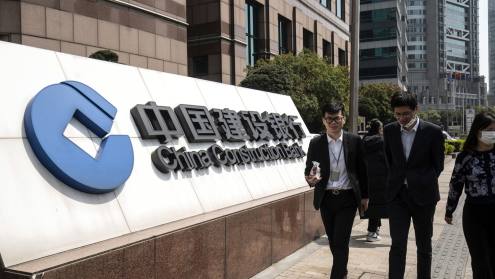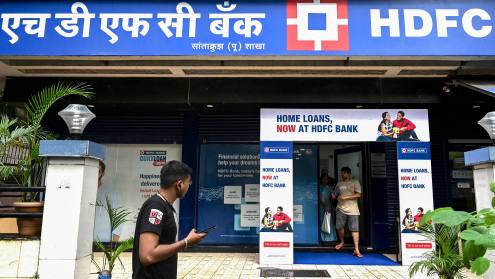With the second worst Covid death-toll in the world, a poor vaccination campaign and social unrest, Brazil has struggled through the best part of the past 12 months. Things improved momentarily towards the end of 2020, when banks felt that their earlier economic forecasts – more hopeful than those of international observers – had been vindicated. In the end, gross domestic product dropped by 4.1%, signposting 2020 as the worst year in economic terms in four decades.
For Brazil’s largest banks, this resulted in a deterioration of activities: shrinking assets, smaller loan portfolios and bigger non-performing loan ratios. Economic conditions naturally took a hit on profitability. Return on equity and return on risk-weighted assets fell compared to the previous year for four of the country’s big five banks. Profit margins also went south for three of them, with Itaú Unibanco, the biggest of the group, seeing its profit margin dive from 26.39% in 2019 to 5.15% in 2020.
Although not immune to the local environment, the bank that most often bucked the trend was BTG Pactual. While its operating income shrank in comparison to the previous figure, total assets, loans as well as the amount of deposits it takes from clients rose. These figures are, however, all a fraction of those of Brazil’s four banking giants – BTG Pactual’s total assets are just 12% of those at Itaú, for example. BTG Pactual also has a far greater focus on investment banking, compared to the broader banking model of the other four. And while active in corporate lending, it does not engage with retail customers. These factors might help explain its better performance.
Based on the combination of a series of eight indicators, which include profitability, asset quality and soundness, BTG Pactual has comfortably outperformed its peers. In fact, taken individually, the bank has come on top in six of the eight categories, and with comfortable margins too. Its overall performance score keeps second-placed Banco do Brasil at a good distance.
For its part, Banco do Brasil did particularly well where BTG Pactual scored the lowest: in the soundness and leverage indicators. The former indicator looks at banks’ capital assets ratios and their change from the previous year; the latter considers the liabilities-to-assets ratios and, again, their annual change. State-owned Banco do Brasil is also the country’s second largest lender, both in terms of assets and Tier 1 capital. Brazil’s other mammoth state-owned lender, Caixa Econômica Federal, is fifth in terms of overall performance; while Banco Bradesco is third by size and by performance.
Itaú Unibanco, the country’s largest bank, comes fourth for performance. Notably, it managed to contain the shrinking of its loan portfolio as well as of its assets. It also secured the second biggest growth in terms of deposits. While best-performing BTG Pactual nearly doubled its deposits to about $11bn, Itaú Unibanco expanded its total by about 24% but to a much more sizeable $155.6bn.










